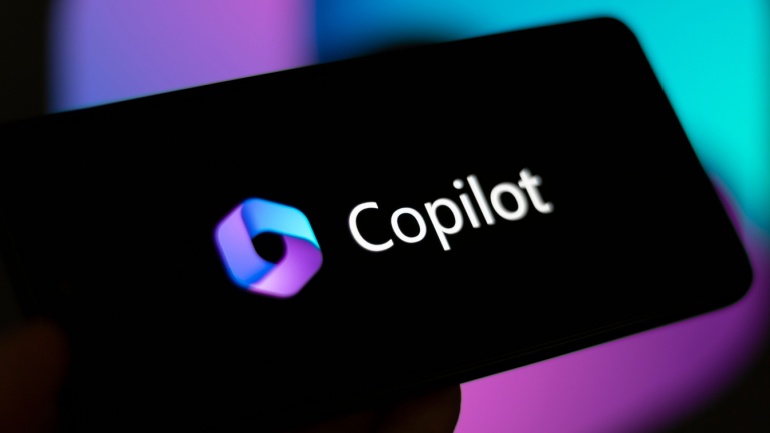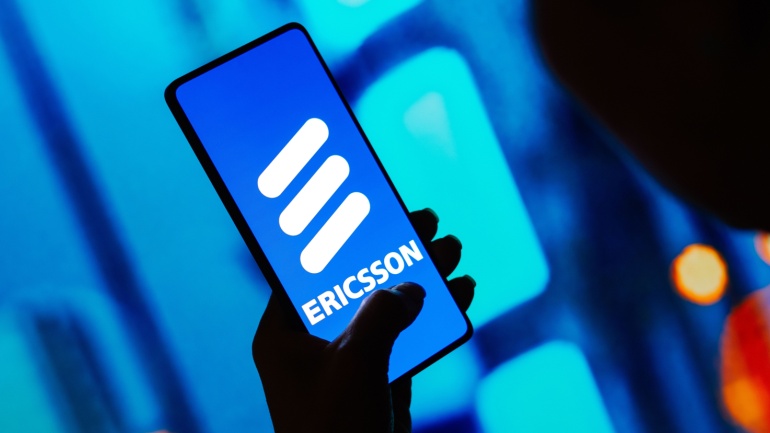Leading tech companies Google, Meta, Microsoft, and Salesforce have announced the formation of the “Symbiosis Coalition,” a collaborative effort aimed at reducing their carbon footprints through nature restoration projects. The coalition has pledged to secure up to 20 million tons of nature-based carbon removal credits by 2030.
Microsoft made waves in the tech world this week with the launch of their new line of Copilot+ PCs, aimed at enhancing productivity through AI integration. Among the various features boasted by these innovative devices, one in particular, known as Recall, is drawing attention for its potential privacy implications.
Ericsson has announced an additional $50 million investment in its USA 5G Smart Factory in Lewisville, Texas, adding to an initial $100 million invested in 2020. This expansion aims to increase local production to meet the rising demand for US-made 5G infrastructure, aligning with the Build America Buy America Act (BABAA).
Sparkle, the subsea cable subsidiary of TIM, has announced the successful completion of its first international VPN test secured with quantum encryption. This milestone was achieved in collaboration with Arqit Quantum, a leader in quantum-safe encryption, and Telsy, TIM’s cybersecurity-focused company. The proof of concept (PoC) involved establishing a secure Internet Protocol (IPsec) tunnel between Italy and Germany using Arqit’s Symmetric Key Agreement (SKA) Platform.
EchoStar Corporation has landed a substantial contract to supply mobile devices and services to the US Navy, valued at up to $2.7 billion over the next decade. This deal, though not a complete solution to the company’s financial woes, is a significant positive development amid ongoing challenges.
Deutsche Telekom has emerged as the latest European telecommunications giant to report robust financial results for the first quarter of 2024. The German incumbent witnessed notable increases in revenue, earnings, and net profit, propelled by a surge in its European operations. The company’s performance underscores a positive growth trajectory amidst a competitive telecom landscape.
BT Group has reported a slight revenue increase to £20.8 billion, a 1% rise from last year, driven by price hikes for broadband customers, robust sales of fibre products in Openreach, and growth in the consumer division. However, the company’s pre-tax profits dropped sharply by 31%, falling to £1.18 billion, despite a 2% rise in adjusted EBITDA, which reached £8.1 billion.
In a significant move to bolster its presence in Europe, Amazon Web Services (AWS) has announced a substantial investment of €7.8 billion into the AWS European Sovereign Cloud project, extending through 2040. This initiative, unveiled last October, aims to establish an autonomous cloud infrastructure within the European Union (EU), operated independently to ensure data sovereignty for European customers.
Cornerstone, a leading passive infrastructure provider managing Virgin Media O2 (VMO2) and Vodafone’s shared mobile network, is set to introduce a cutting-edge neutral host network utilizing smart street light technology in urban environments.The partnership between Cornerstone and Signify, a Netherlands-based company spun off from Philips in 2016, will leverage Signify’s BrightSites Broadband Luminaire products. These innovative LED streetlamps act as network extenders, supporting a mesh network using 60 GHz millimetre-wave (mmWave) spectrum to facilitate 5G connectivity.
BT has announced a significant triumph, securing a $70 million contract to revamp and bolster the IT infrastructure of the Devon & Cornwall and Dorset police forces. This transformative deal encompasses a broad spectrum of IT solutions essential for operational efficacy.













